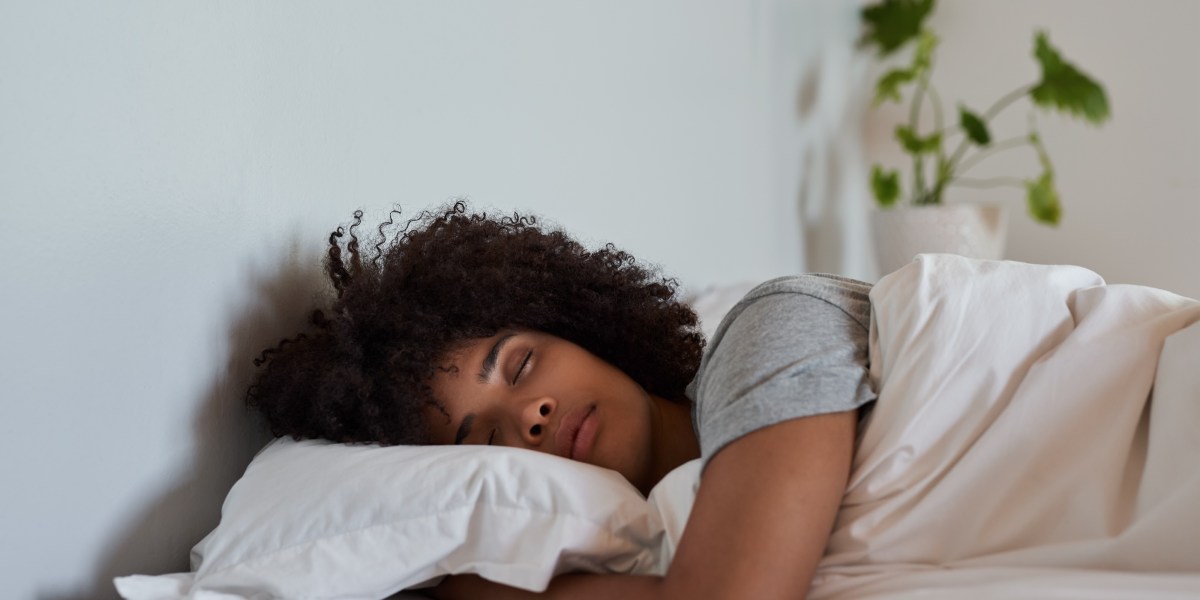
"Most adults do not need a hard eight hours of sleep; a growing body of evidence and evolutionary research suggest the optimal nightly sleep for many healthy adults is closer to seven hours, with health risks rising on either side of that range in a U‑shaped pattern. Harvard evolutionary biologist Daniel E. Lieberman calls the rigid "8 hours" rule Industrial Era "nonsense," noting that people without modern electricity typically sleep six to seven hours without napping,"
"Lieberman says the idea "natural" humans sleep eight hours is unfounded; field data from communities without electric light show typical nightly sleep of about six to seven hours, contradicting the cultural prescription of eight hours as a target. He frames modern eight‑hour dogma as a legacy of the Industrial Revolution rather than a biological necessity, and points to epidemiologic curves where risk bottoms out around seven hours, producing a U‑shape with higher risk from both short and long sleep."
Field and epidemiologic evidence indicate many healthy adults typically sleep about six to seven hours nightly, and mortality risk is lowest around seven hours. Data from communities without electric light often show six- to seven-hour sleep durations without daytime napping, challenging the strict eight-hour prescription. Large cohort analyses reveal a U-shaped relationship between sleep duration and health risk, with higher risks at both shorter and longer durations. Sleep need varies by age and health status, and experts emphasize consistency and sleep hygiene over fixating on a single magic number.
Read at Fortune
Unable to calculate read time
Collection
[
|
...
]